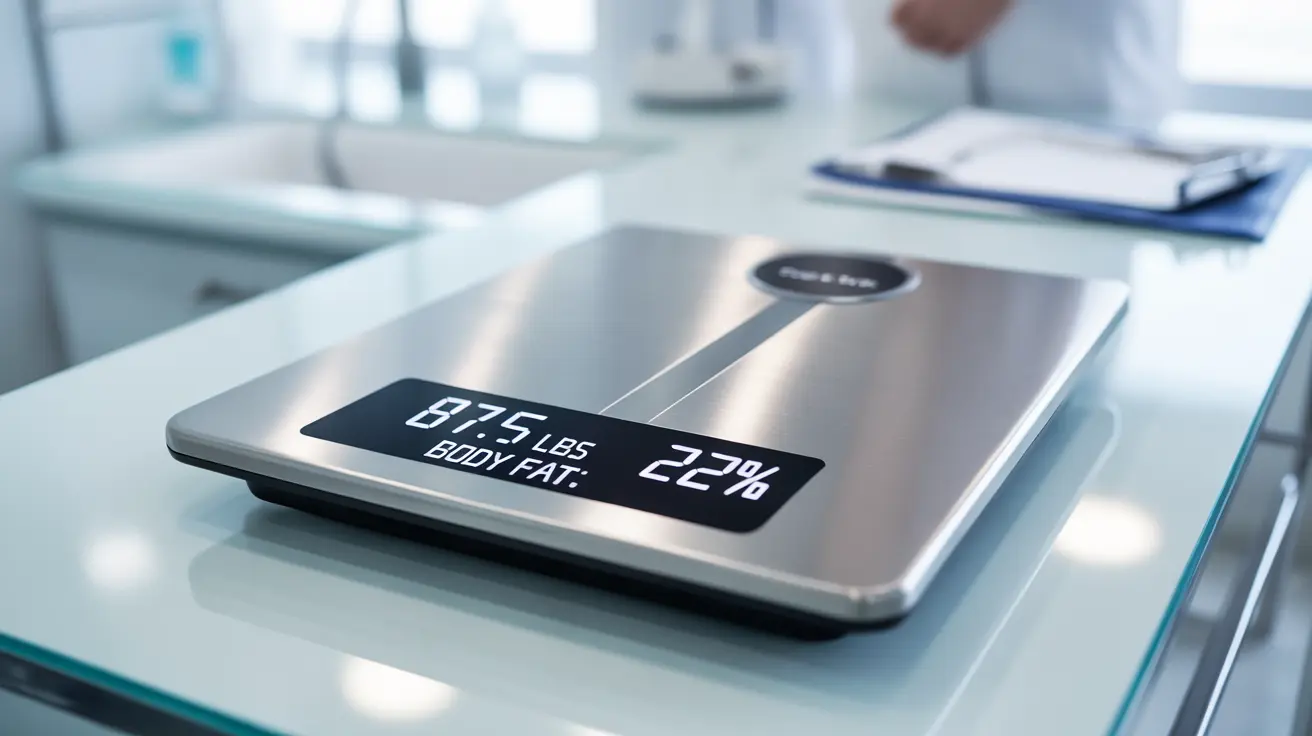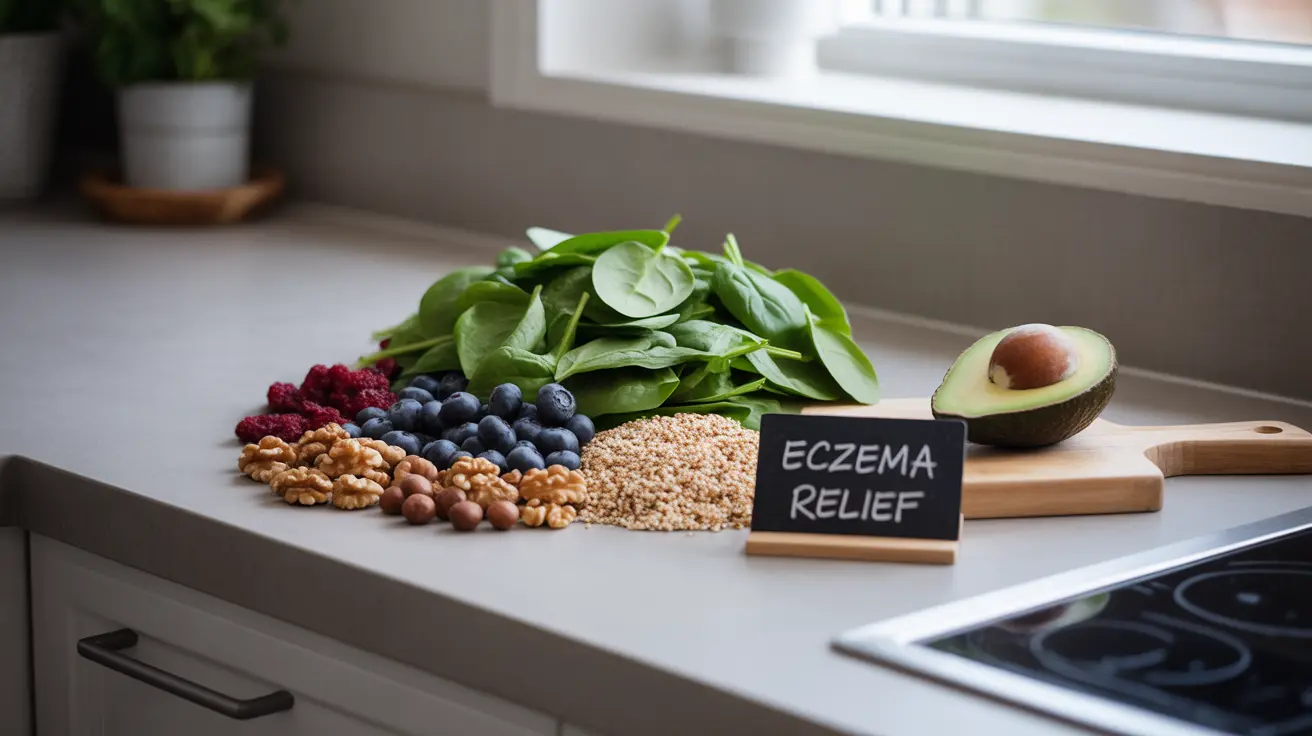For individuals living with gout, understanding how different beverages affect their condition is crucial for managing symptoms and preventing painful flare-ups. Wine consumption is a particular concern for many gout sufferers, as they seek to balance enjoyment of social occasions with maintaining their health.
In this comprehensive guide, we'll explore the relationship between wine and gout, examining how different types of alcohol affect uric acid levels and what alternatives might be better suited for those managing this form of inflammatory arthritis.
How Wine Affects Gout and Uric Acid Levels
Wine's impact on gout is primarily related to its effect on uric acid metabolism in the body. When you consume wine, your body processes the alcohol, which can:
- Increase uric acid production
- Reduce uric acid excretion by the kidneys
- Potentially trigger inflammatory responses
However, compared to other alcoholic beverages, wine typically has a lower impact on gout symptoms, though individual responses may vary.
Understanding Different Types of Wine and Their Effects
Red Wine vs. White Wine
Research suggests that different types of wine may have varying effects on gout risk:
- Red wine contains more purines than white wine
- White wine generally has lower alcohol content
- Both types can affect uric acid metabolism
Sparkling Wines and Champagne
Sparkling wines and champagne often have lower alcohol content than still wines, but they may contain additional sugars that could impact inflammation levels in some individuals.
Managing Gout While Enjoying Wine
If you choose to include wine in your diet while managing gout, consider these important strategies:
- Limit consumption to one standard drink per day for women or two for men
- Stay well-hydrated by drinking water alongside wine
- Monitor your body's response and keep track of any symptom changes
- Choose lower-alcohol options when possible
Safe Alternatives to Wine
For those looking to avoid wine altogether, several gout-friendly alternatives exist:
- Tart cherry juice
- Green tea
- Water with fresh fruit infusions
- Non-alcoholic wine alternatives
- Sparkling water with lime
Lifestyle Modifications for Gout Management
Beyond beverage choices, managing gout effectively requires a comprehensive approach:
- Maintain a healthy weight
- Follow a low-purine diet
- Stay hydrated throughout the day
- Exercise regularly
- Take prescribed medications as directed
Frequently Asked Questions
Is wine bad for gout, and can it trigger flare-ups?
While any alcohol can potentially trigger gout flare-ups, wine typically has less impact than beer or spirits. However, individual responses vary, and moderation is key. Some people may need to avoid wine completely if they notice it triggers their symptoms.
What are the safest ways to manage gout symptoms without alcohol?
The safest approaches include maintaining proper hydration, following a low-purine diet, taking prescribed medications, exercising regularly, and choosing gout-friendly beverages like tart cherry juice or green tea.
How does wine consumption affect uric acid levels and gout risk compared to beer or liquor?
Wine generally has less impact on uric acid levels compared to beer or liquor, primarily because it contains fewer purines. However, all alcohol can affect uric acid metabolism and potentially trigger gout symptoms.
Can moderate wine drinking be part of a gout-friendly diet?
Some people with gout can include moderate wine consumption in their diet without significant issues. However, this should be discussed with a healthcare provider and carefully monitored for individual responses.
What are some alternative beverages to wine that are safe for people with gout?
Safe alternatives include tart cherry juice, green tea, water with fresh fruit infusions, non-alcoholic wine alternatives, and sparkling water with citrus. These options can provide similar enjoyment without increasing gout risk.




